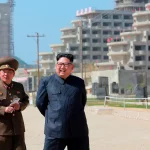The languages of Ukraine have become quite a hot topic with regards to the Russian invasion of the country. What though is, or at least was the situation in the country?
A country as big as Ukraine in such a strategic position has naturally hosted countless cultures over the centuries. As a result, modern Ukraine is home to a variety of ethnic groups and their subsequent languages can often be heard on the streets of the cosmopolitan areas of Ukraine such as Odessa and Kyiv. In this section, we’re going to look into the world of the languages spoken in Ukraine from the modern roots of language in the country to what the language situation is today, from Ukrainian and Russian to Yiddish and English.
Origins of the languages of Ukraine
During the long era of the Soviet Union, a policy of Russian in-migration and Ukrainian out-migration was in effect throughout the Ukrainian Soviet Socialist Republic. The ethnic Ukrainian part of the population in Ukraine declined by 4 percent between 1959 and 1991. But that trend reversed after the country gained independence, and, by the start of the 21st century, ethnic Ukrainians made up more than three-fourths of the population.
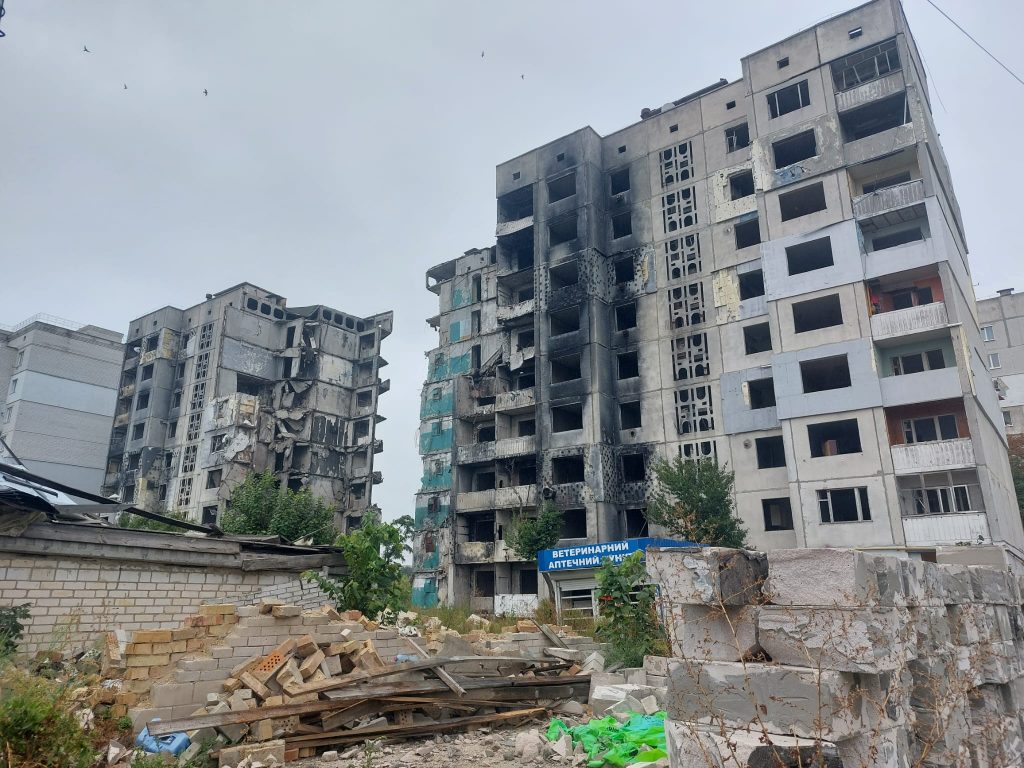
Russians continue to be the largest minority, though they now constitute less than one-fifth of the population. The remainder of the population includes Belarusians, Moldovans, Bulgarians, Poles, Hungarians, Romanians, Roma Gypsies, and other groups. The Crimean Tatars, who were forcibly deported to Uzbekistan and other Central Asian republics in 1944, began returning to Crimea in large numbers in 1989; by the early 21st century they constituted one of the largest non-Russian minority groups.
Languages in Ukraine
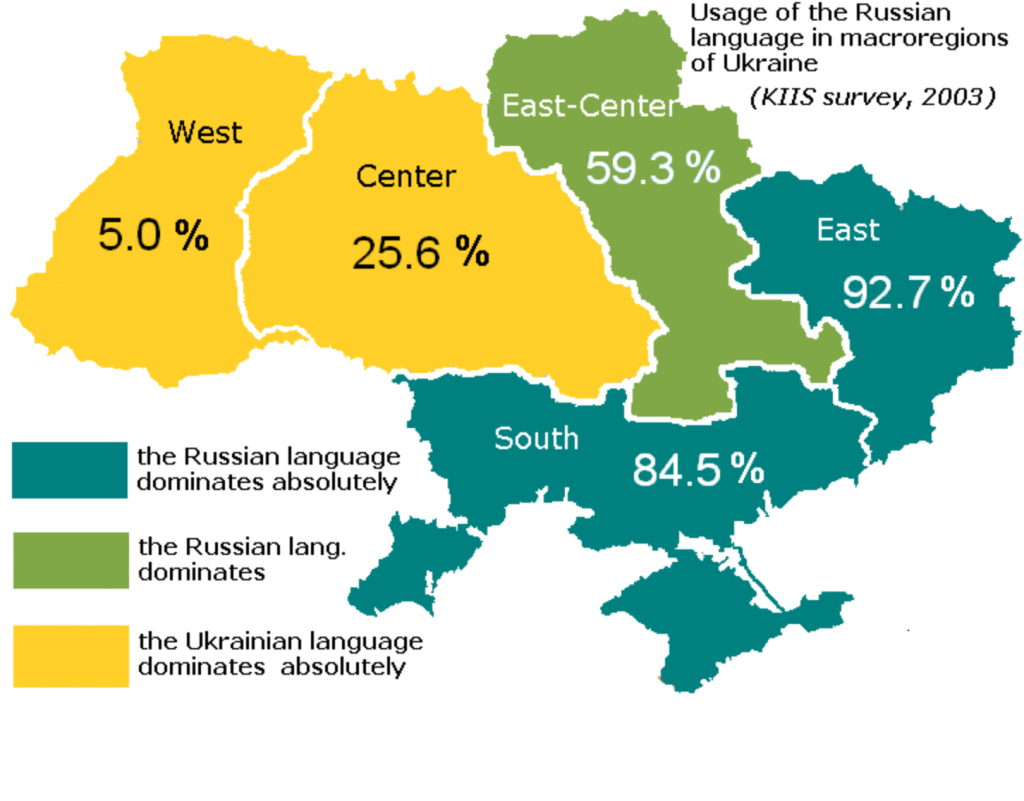
The vast majority of people in Ukraine speak Ukrainian, which is written with a form of the Cyrillic alphabet. The language belongs to the Russian and Belarusian East Slavic branch of the Slavic language family. Ukrainian is closely related to Russian but also has similarities to the Polish language. Significant numbers of people in Ukraine speak Polish, Yiddish, Belarusian, Romanian or Moldovan, Bulgarian, Crimean Turkish, or Hungarian. Russian is the most significant minority language and can be heard in equal measure alongside Ukrainian.
Languages of Ukraine in Imperial Russia
During the rule of Tsarist Russia and the Soviet Union, Russian was the common language of government administration and public life in Ukraine. Although Ukrainian had been afforded equal status with Russian in the decade following the revolution of 1917, by the 1930s a concerted attempt at Russification was well underway. In 1989 Ukrainian once again became the country’s official language, and its status as the sole official language was confirmed in the 1996 Ukrainian constitution.
In 2012 a law was passed that granted local authorities the power to confer official status upon minority languages. Although Ukrainian was reaffirmed as the country’s official language, regional administrators could elect to conduct official business in the prevailing language of the area. In Crimea, which has an autonomous status within Ukraine and where there is a Russian-speaking majority, Russian and Crimean Tatar are the official languages. In addition, primary and secondary schools using Russian as the language of instruction still prevail in the Donets Basin and other areas with large Russian minorities.
Yiddish Language in Ukraine
When we have Jewish clients on our tours, many are interested in the prominence of Yiddish and Jewish culture in Ukraine which can be seen evidently in Odessa especially. Historically, Ukraine always had a very large Jewish population. This was particularly prevalent in Western Ukraine. Interestingly, by the late 19th century just over one-fourth of the world’s then 10-million strong Jewish population lived in Ukraine.
Unfortunately, this largely Yiddish-speaking Jewish population of Ukraine was massively reduced by emigration in the late 19th and early 20th centuries that followed various Pogroms carried out against them. In WW2, they were further decimated and by the Holocaust. In the late 1980s and early 1990s, large numbers of Ukraine’s remaining Jews emigrated, mainly to Israel. At the beginning of the 21st century, the Jews left in Ukraine made up less than 1 percent of the Ukrainian population.
English language in Ukraine
English proficiency among most Ukrainians is still very low but it is improving massively, especially compared to just a few years ago. In some places and situations, you can find some Ukrainians speaking impeccably fluent English.
The younger generation in Ukraine tends to speak a decent level of English due to a knowledge of English being associated with leading to better prospects, within Ukraine and the wider English speaking countries and educational institutions. This is especially true in big cities like Kyiv and Odessa. As a rule, the bigger the city, the more you’ll find English speakers. This is due to the work environment in many companies, especially in the tech industry, and more exposure to English-speaking tourists.
Language of Ukraine during the conflict
The issue of the languages of Ukraine has become extremely political since the Russian invasion of the country. This is for multiple reasons, but the net result is that speaking Russian is frowned upon in “free Ukraine”, while the same is true for areas under Russian control – in reverse.
The reality though is that both languages are very similar and pretty much everyone cans peak both of them – even Zelensky.
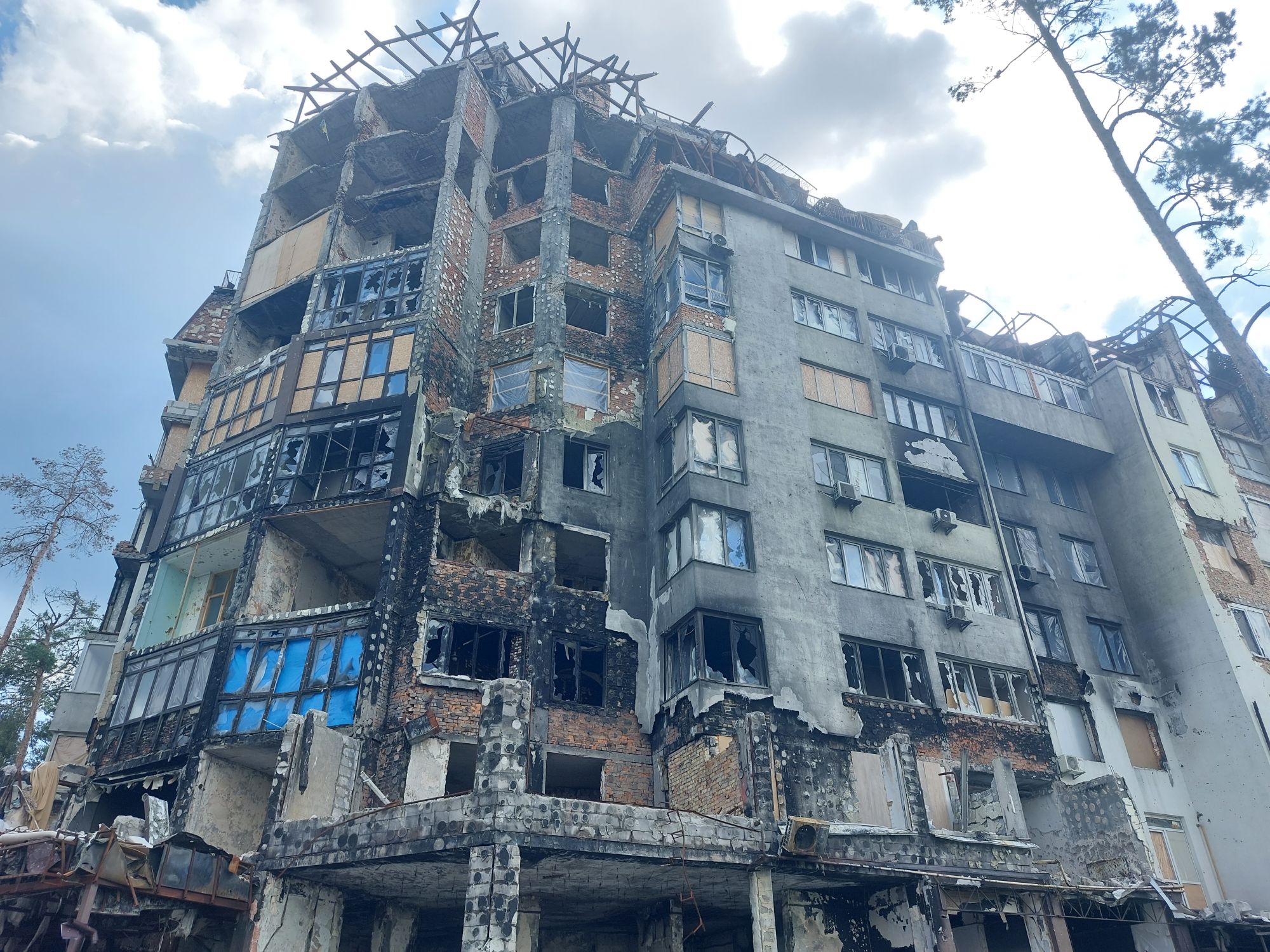
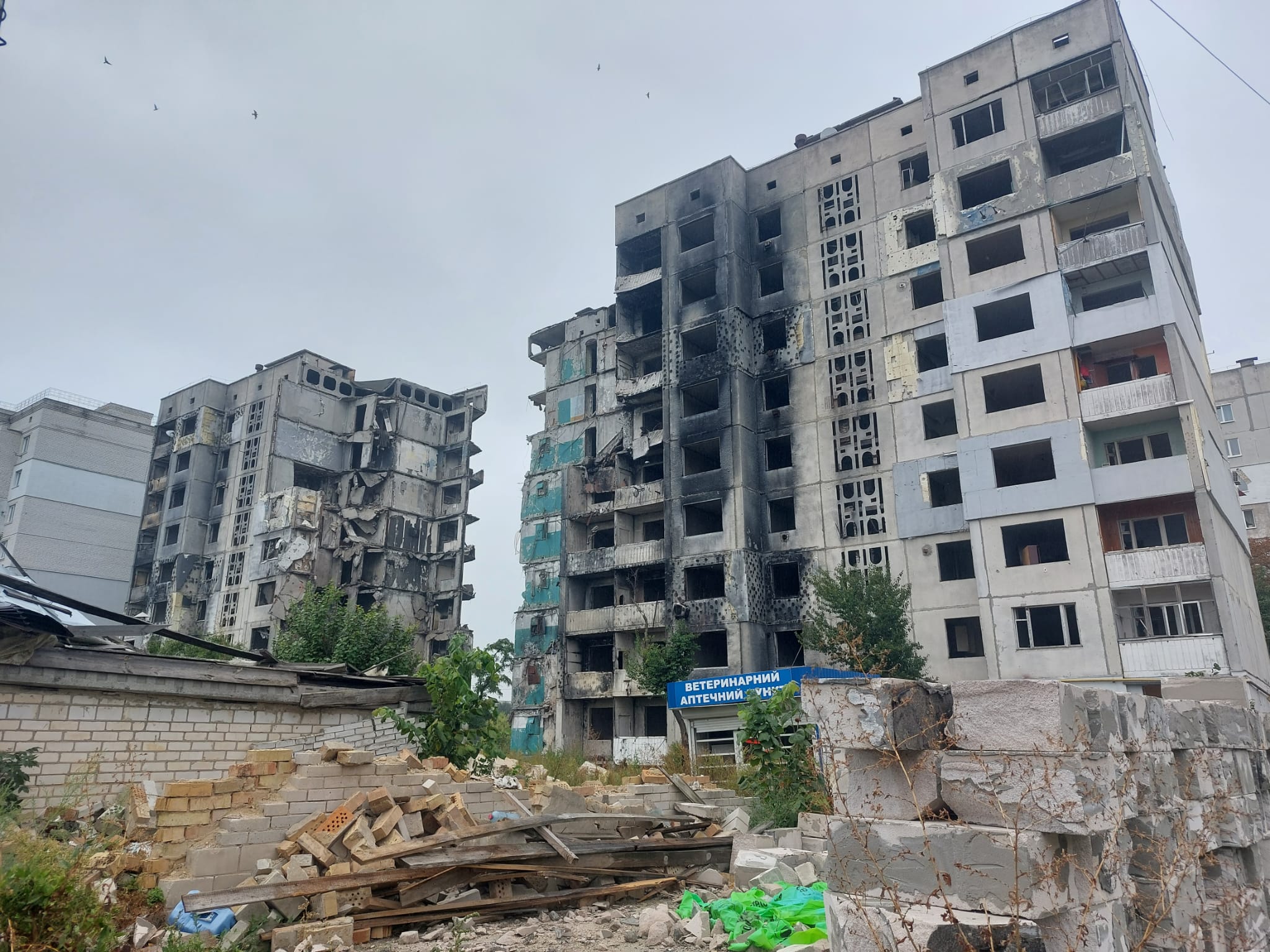
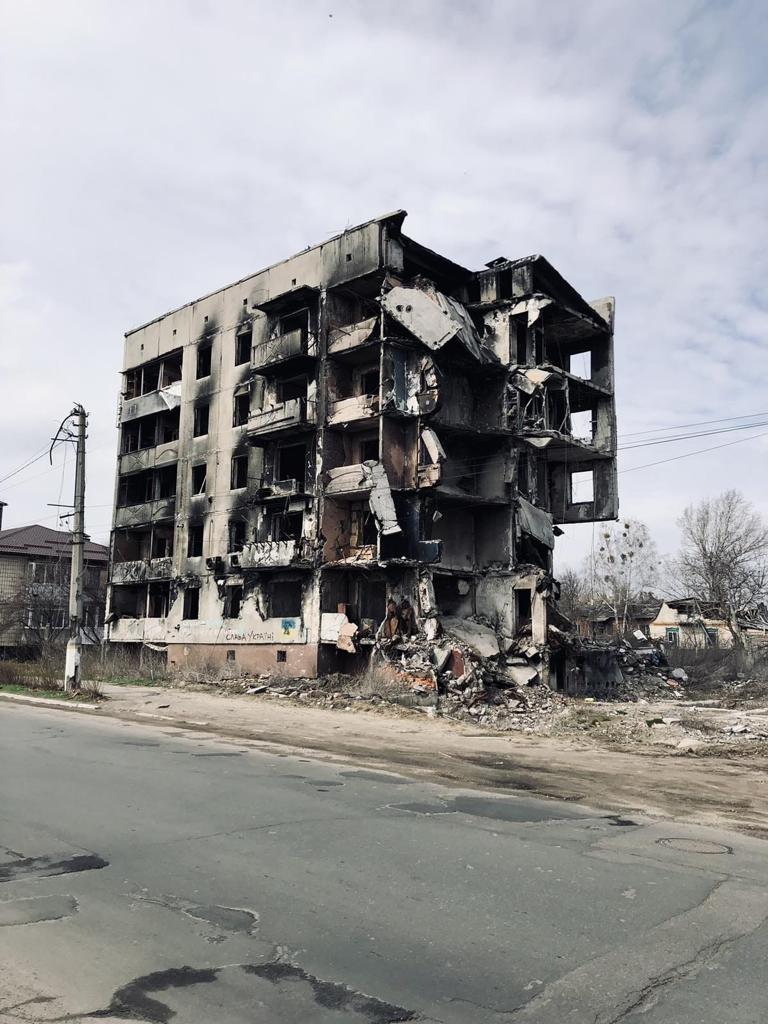
If you struggle with the language barrier in Ukraine, then use only simple words that anyone can quickly grasp. Carry a small English – Ukrainian dictionary or even better, utilize google translator and its offline function.
YPT are currently offering Ukraine Tours.




